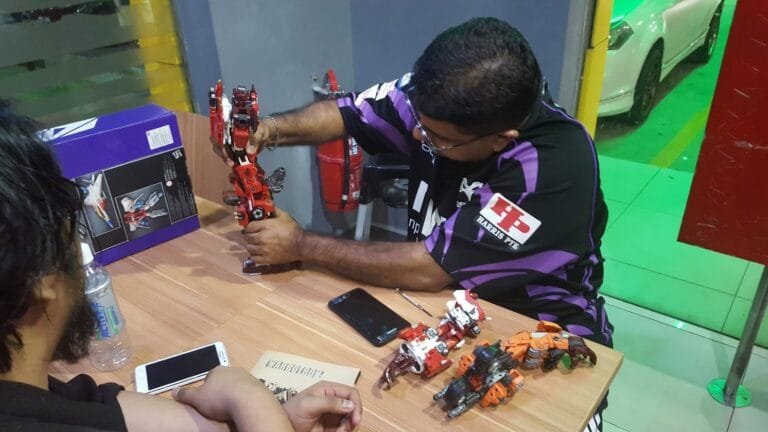The US military has signed a £1.6m deal with a technology firm to design robots which are intelligent enough to work out how to wiggle through small spaces to reach their target.
The action film, Terminator 2: Judgment Day, featured a seemingly unstoppable killer robot played by Robert Patrick. The machine was made from liquid metal and could change its form to slide under doors and walk through iron bars.
America's Defense Advanced Research Projects Agency (Darpa) and the Army Research Office has awarded the contract to iRobot, which has developed other robots for the military.
They want scientists to come up with a design for a tiny robot able to move under its own power and change shape so it can get through gaps less than half an inch wide.
The US administration has not said what it wants the robot to do but its specification says: "Often the only available points of entry are small openings in buildings, walls, under doors, etc. In these cases, a robot must be soft enough to squeeze or traverse through small openings, yet large enough to carry an operationally meaningful payload."
In an effort to inspire creative ideas, the US military has pointed to examples in nature of creatures which are able to squeeze through narrow gaps and change their form.
Helen Greiner, co-founder and chairwoman of iRobot, said: "Through this programme, robots that reconstitute size, shape and functionality after traversal through complex environments will transcend the pages of science fiction to become real tools for soldiers in theatre."
But Scottish-based experts believe the challenge may be too much even for the US military's budgets and technology.
Mike Cates, professor of physics at Edinburgh University, said: "There are materials which can change their shapes and then regain them. There are alloys, known as memory metals, which are used in glasses and which can regain their shape. The difficulty in this case is all the other elements which need to be added to a device such as this, such as the circuitry and some form of system to propel it."
Brian Baglow, of technology firm Indoctrimat, said: "As well as designing the materials for this, the sensor systems will be a problem. It's not easy for them to work out where the gaps are which they can get through."
Source: Scotland on Sunday
{mosgoogle}

 KILLER robots which can change their shape to squeeze under doors and through cracks in walls to track their prey are moving from the realms of science fiction to the front line in the fight against terrorism.
KILLER robots which can change their shape to squeeze under doors and through cracks in walls to track their prey are moving from the realms of science fiction to the front line in the fight against terrorism. 



